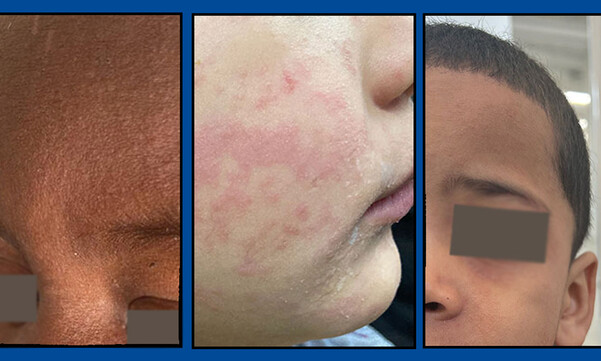After months of not knowing why she had so much trouble speaking, Kristin Murphy of Raleigh was diagnosed with spasmodic dysphonia, which is treated with Botox injections and speech therapy. After her first injection, Kristin spoke to her mom on the phone for the first time in three years.
Wanting To Be Heard
For years, Kristin Murphy cringed whenever the phone rang. It’s not that there was someone she didn’t want to talk to — she wanted very much to talk, but couldn’t.
In 2010, the single mother from Raleigh suffered two back-to-back bouts of bronchitis. After months of sounding froggy, she consulted a doctor. Acid reflux was suspected and treated, but Murphy’s voice continued to get worse. She could not speak above a whisper, and she was in pain.
Being unable to communicate made day-to-day life — especially her job — a struggle. “Hearing the daily ‘Honey, tell your boss to send you home and drink tea’ was really hard,” says Murphy. “And it hurt to see my loved ones struggle to understand me.”
Eventually, she was referred to head and neck surgeon Seth Cohen, MD, and speech pathologist Gina Vess at the Duke Voice Care Center. There, she was diagnosed with spasmodic dysphonia, a neurological disorder that causes spasms of the vocal cords. Although there is no cure for the condition, injections of botulinum toxin (Botox) and speech therapy have proven very effective.
“Gina and Dr. Cohen talked to me about the Botox injections and what to expect,” says Murphy. “At this point I was ready for anything, because I just wanted my voice back and, honestly, my life and happiness.”
Before Murphy had her first injection, she lost her job at a car dealership, and along with it, her insurance. “I was now looking frantically for a job and would get call backs from my resume submission, but after they heard my voice, I wouldn’t receive an invitation for an interview,” she says. “I finally was asked to come in for an interview with Elite Waste Services. They were a small company and understood about my voice, and I had also told them that if hired I would have to receive injections and follow up with my voice therapist. I was offered a position as an administrative assistant and started the next morning.”
After her first injection, Murphy was able to talk to her mother on the phone for the first time in three years. She continues to receive therapy from Vess and injections every few months from Duke’s David Witsell, MD, and answers the phone without fear.





